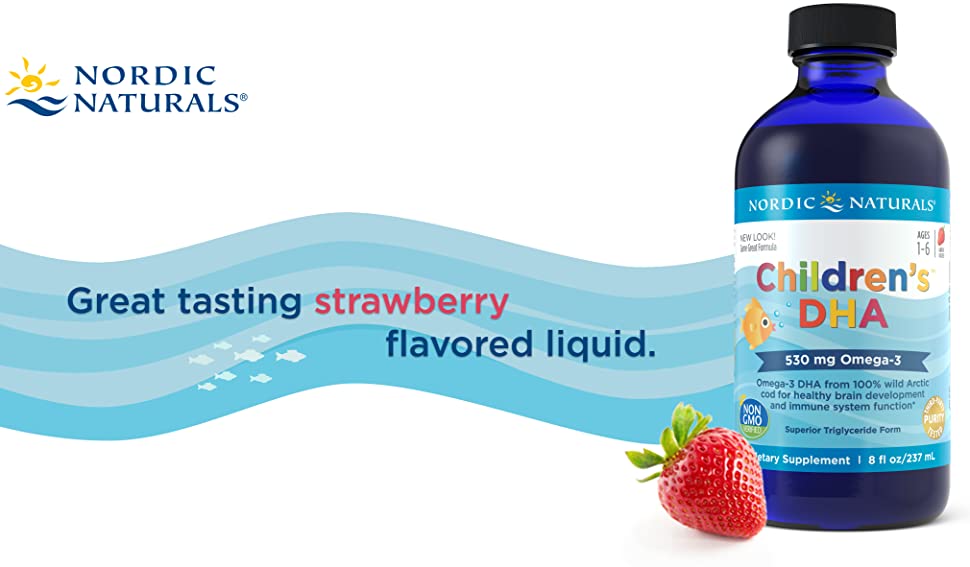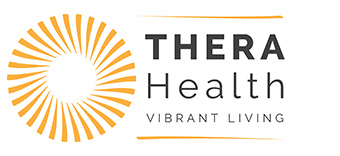Smart food choices affect long-term achievement and day-to-day functioning at home and at school. It is no surprise that kids who are bored, restless, inattentive and sleepy or who have a bad memory are usually those who have poor eating habits. By choosing the right brain food, kids can help ensure better academic performance and concentration.
If your kids are off to school, or learning from home, here are three top tips to power up their brain!
Top Brain Power Tips:

- Water
Staying well-hydrated is extremely important for kids to maintain concentration while helping prevent fatigue.
- A hearty breakfast
Complex carbs, protein and a little fat can help boost brain function, enhance memory, and improve concentration. Children who skip breakfast are likely to be more sluggish, less attentive, and have less energy in the morning activities.
- Omega‑3 fatty acids
Omega-3s stabilise mood by increasing the levels of serotonin in the brain, and also help in cognitive development. Research suggests omega-3s help to decrease the symptoms of attention deficit hyperactivity disorder (ADHD) and developmental coordination disorder (DCD) in children.
EFA’s are amongst the most crucial nutrients for children, and a vast majority are not getting enough through their diet. EFA’s are considered ‘essential fats’ because they are required for optimal health but cannot be produced by our bodies. The body requires these beneficial fats to support all bodily systems.
It was once believed that the brain was fully developed at birth. While it is true that most of the brain cells are formed by this time, advances in research have enabled us to see that the brain continues to form after birth. The omega-3 EFA’s in fish oil, known as eicosapentaenoic acid (EPA) and docosahexaenoic acid (DHA), help support the transmission of brain signals and provide the necessary building blocks for healthy tissue development. So children’s brains need a steady supply of EFA’s to perform at their best.
DHA is uniquely important to nerve and brain cells. It has been shown to improve memory and cognition in children and may promote learning in the school setting. A 2012 study by the University of Oxford, involved giving a daily omega-3 DHA supplement to healthy but underperforming children aged between 7 and 9 for 16 weeks. Their reading ability significantly improved especially in the children who were initially the poorest readers in the group. In addition, parents of these lower-performing children also reported an overall improvement in their behaviour. Research shows that a high-quality, purified fish oil supplement is the healthiest, most reliable source of the EPA and DHA that children need for healthy physical and mental development.
Look for a fish oil that has great taste and is easy to take, and ensure it is third-party tested to surpass international standards for purity and freshness.

Fun Brain Facts
- We are all born with 100 billion brain cells
- The brain comprises 2% of your body weight
- The brain uses 20% of your body’s energy when resting, and even more when attempting to problem solve
- The brain is made up of 60% fat – half comprising of omega-3 essential fatty acids (mainly DHA)
By Warren Maginn, BHSc (Nutr. Med.) GradCert (Hum. Nutr.)
Warren Maginn is a Clinical Nutritionist, College Lecturer and Public Educator with both undergraduate and postgraduate qualifications in clinical human nutrition. Warren has a passion for helping all individuals to gain greater personal understanding of themselves and their needs to achieve greater personal health potential.
Warren is a highly sought-after speaker at health conferences and has been interviewed on many popular radio and television stations.







